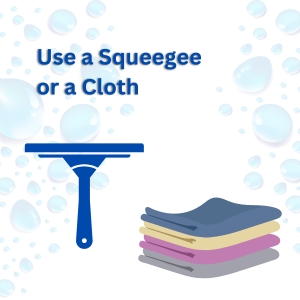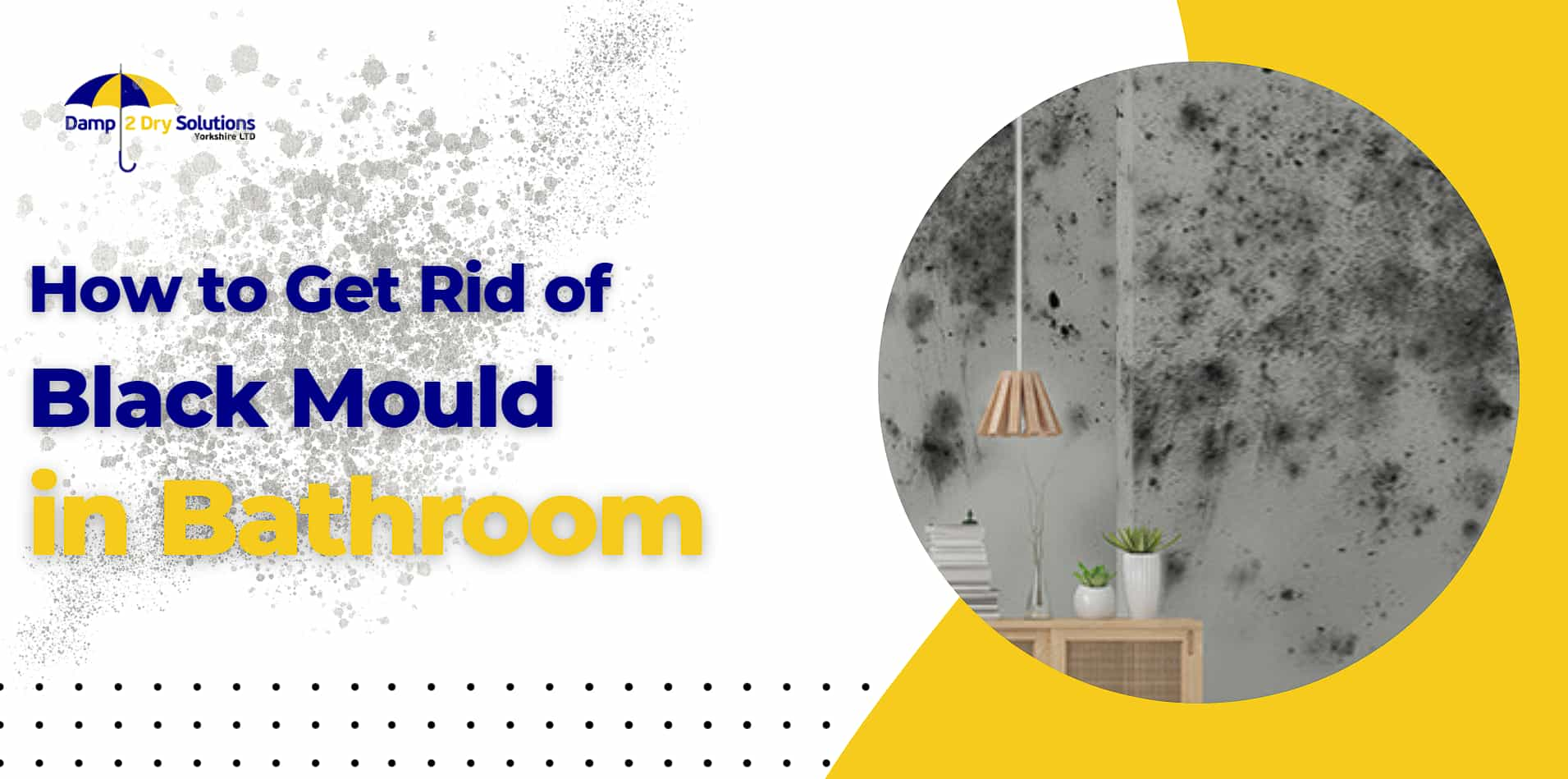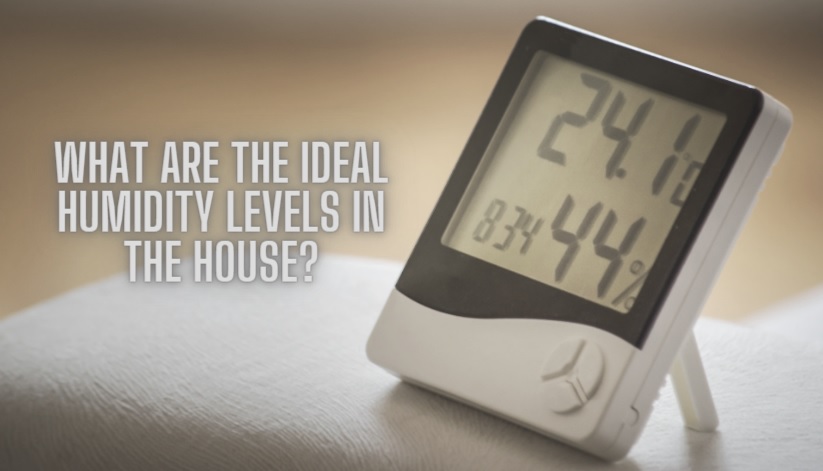Have you ever noticed water droplets forming on the outside of your windows? This is called exterior window condensation and it can be a nuisance for many homeowners. It occurs when the temperature of the window glass is lower than the dew point of the air outside.
The dew point is the temperature at which the air becomes saturated with moisture and can no longer hold it as vapour. As a result, when the moist air comes into contact with the cold window glass, it condenses into liquid water droplets.
This phenomenon is more common in the early morning, when the air is cooler and more humid, and the sun has not yet warmed up the window glass. It can also happen during rainy or foggy weather, or when there is a sudden drop in temperature.
Although exterior window condensation is not a sign of faulty windows or poor insulation, it can still be annoying and unsightly. In fact, it can indicate that your windows are doing a good job of preventing heat loss from your home. However, it can also reduce your visibility and natural light, and cause damage to your window frames, sills, and paint if left untreated.
Therefore, it is important to know how to stop condensation on outside of windows. Here are some tips and tricks to help you out.
Use a Squeegee or a Cloth

Wiping off the exterior window condensation with a squeegee or a cloth is one of the simplest and easiest ways to deal with this problem. This method works well if the condensation only affects a few windows or does not happen frequently.
You can either scrape off the water droplets from the glass with a squeegee or dab them dry with a soft cloth. However, make sure the cloth is clean and dry, as a wet or dirty one can leave streaks or marks on the glass.
A microfiber cloth is a good choice, as it is more absorbent and gentle on the glass. To prevent the condensation from evaporating and leaving behind mineral deposits or stains, you should wipe off the windows as soon as you notice the condensation.
Apply a Hydrophobic Coating

To prevent exterior window condensation, you can apply a hydrophobic coating to the glass.
This is a thin layer of material that repels water and makes it roll off the surface, instead of sticking to the glass and forming condensation.
You can find hydrophobic coating products in hardware stores or online, and apply them to your windows following the instructions.
The coating may need to be reapplied periodically, depending on the product and the weather conditions. Besides preventing condensation, a hydrophobic coating can also keep your windows cleaner by reducing the accumulation of dirt, dust, and insects.
Install a Dehumidifier or an Exhaust Fan

If you live in a humid climate or have a lot of moisture sources in your home, such as cooking, showering, or drying clothes, you may want to install a dehumidifier or an exhaust fan to reduce the humidity level in your home.
A dehumidifier is a device that removes excess moisture from the air and collects it in a tank or drains it outside. An exhaust fan is a fan that vents the moist air from your bathroom, kitchen, or laundry room to the outside.
By lowering the humidity level in your home, you can lower the dew point of the air outside, and reduce the chances of exterior window condensation. You can also open your windows for a few minutes every day to let out the moist air and let in fresh air.
Replace Your Windows with Double or Triple Glazed Ones

If none of the above methods work, or if you want a more permanent and effective solution, you may want to replace your windows with double or triple glazed ones.
Double or triple glazed windows have two or three layers of glass separated by a gap filled with air or gas, such as argon or krypton. This creates an insulating barrier that reduces heat transfer between the inside and outside of your home.
As a result, your window glass stays warmer in the winter and cooler in the summer, and the temperature difference between the glass and the air outside is smaller. This means that the dew point of the air outside is less likely to be lower than the temperature of the glass, and exterior window condensation is less likely to occur.
Double or triple glazed windows can also help you save energy, reduce noise, and improve security.
Why does condensation form on the outside of new double glazing, and what can I do about it?
Condensation on the outside of your new double glazing happens when the air outside is warmer and more humid than the air inside. This causes the moisture in the air to condense on the cooler surface of the glass. There are some simple ways to prevent or reduce this, such as:
- Blocking the sun’s heat with external blinds or shutters
- Opening your windows a bit to let the air flow and balance the temperatures
- Wiping the moisture off with a cloth or a squeegee
- Applying a special coating or spray to the outer glass to repel water
However, you don’t need to be concerned about external condensation, as it is not a sign of faulty double glazing. On the contrary, it shows that your windows are effective at insulating your house and saving energy. External condensation usually happens only in certain weather conditions and times of the day, and it will disappear by itself when the temperature changes.
Also read: – How to Keep Your House Dry in Winter
In Summary
We think now you have your answer for “why do my windows have condensation on the outside”.
Exterior window condensation is a common phenomenon that occurs when the temperature of the window glass is lower than the dew point of the air outside. It can be annoying and unsightly, and it can cause damage to your windows and paint if left untreated. However, there are several ways to stop condensation on outside of windows, such as wiping it off with a squeegee or a cloth, applying a hydrophobic coating, installing a dehumidifier or an exhaust fan, or replacing your windows with double or triple glazed ones.
By following these tips and tricks, you can enjoy clear and condensation-free windows throughout the year. If you need assistance, please contact Damp 2 Dry Solutions (Yorkshire) Ltd. We are experts in water damage restoration services and can help you promptly.





